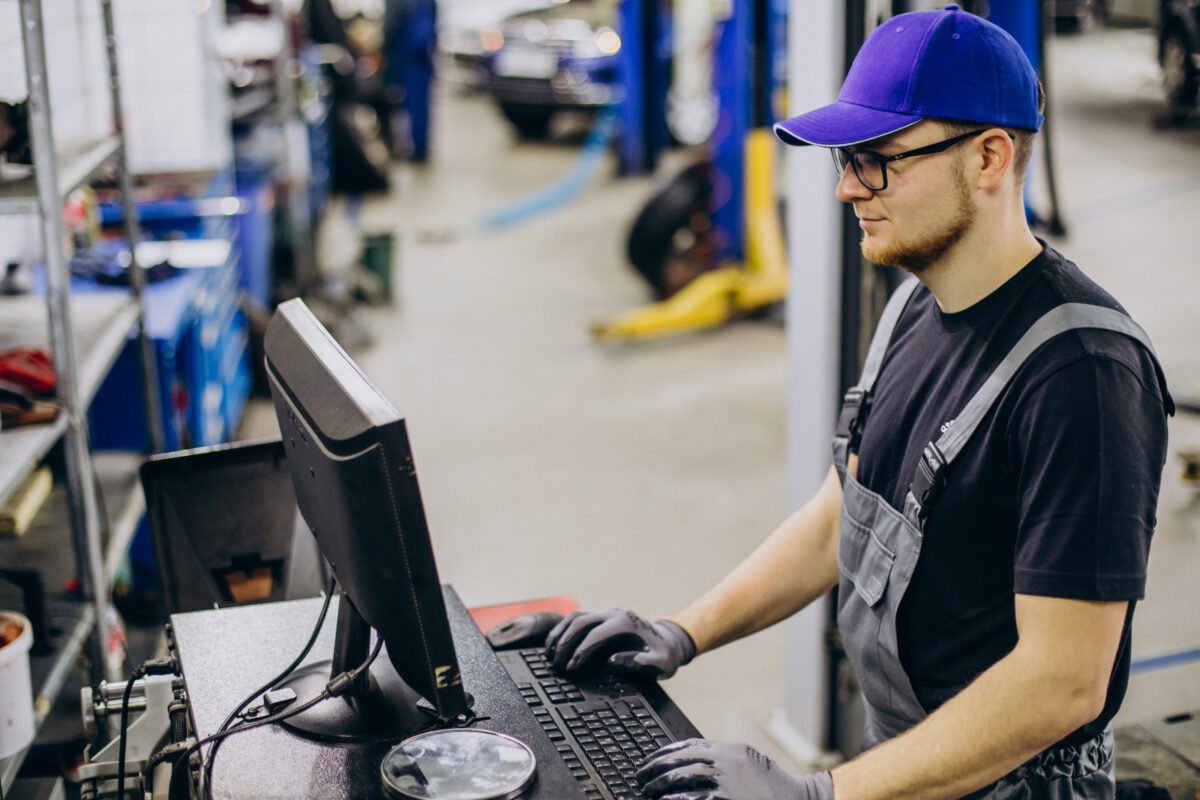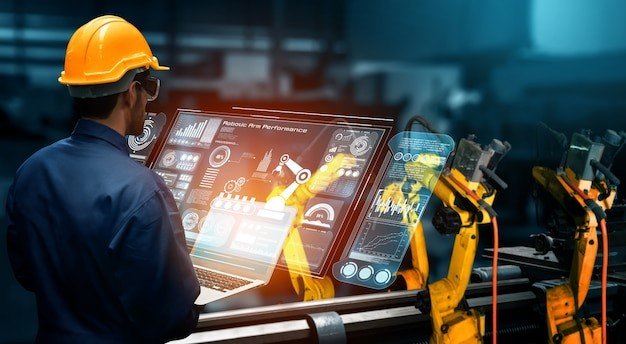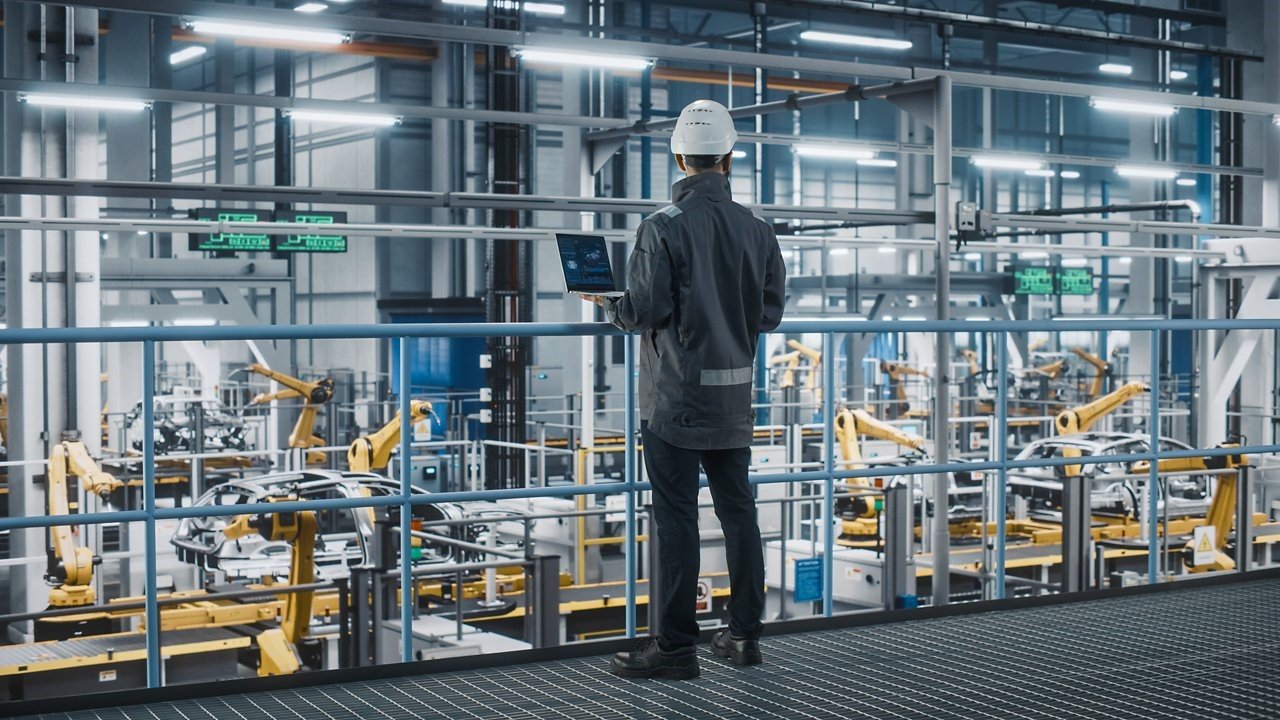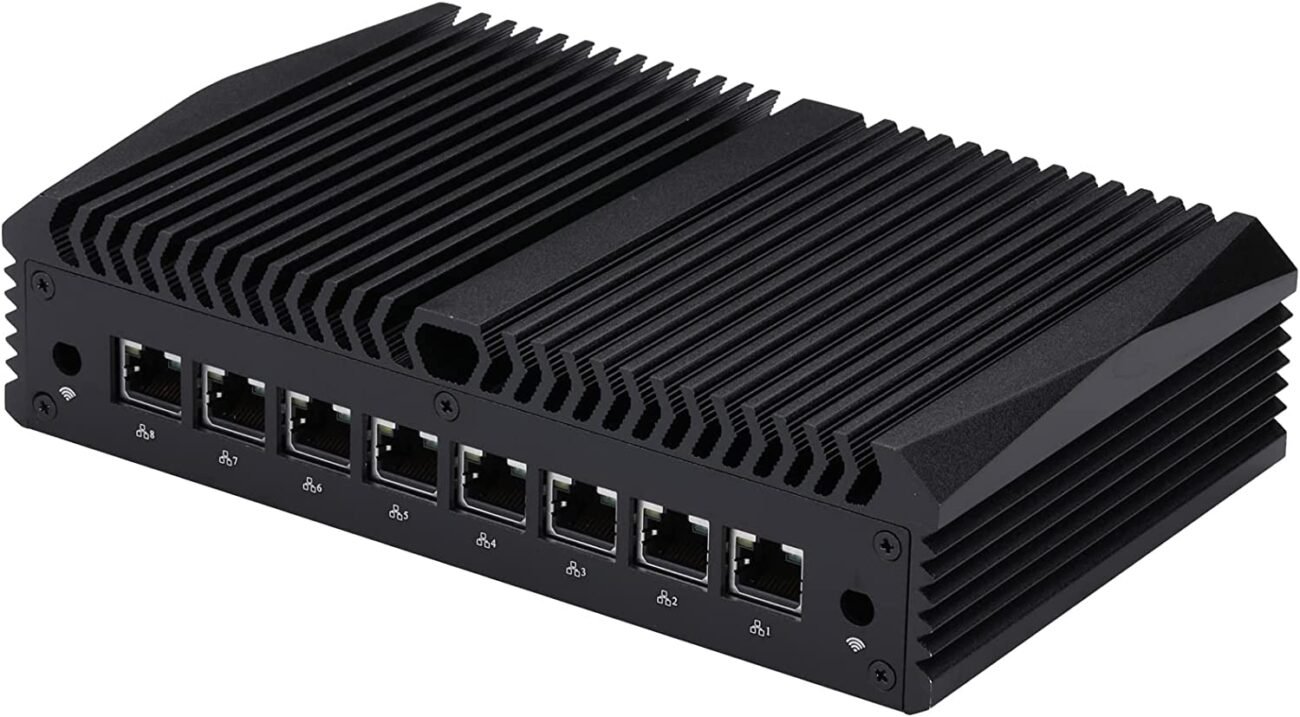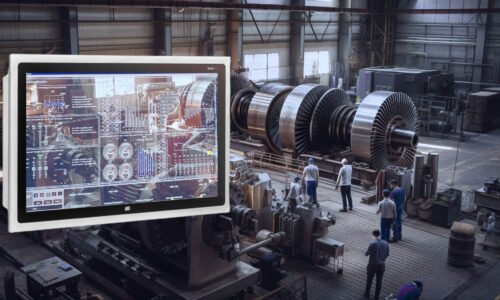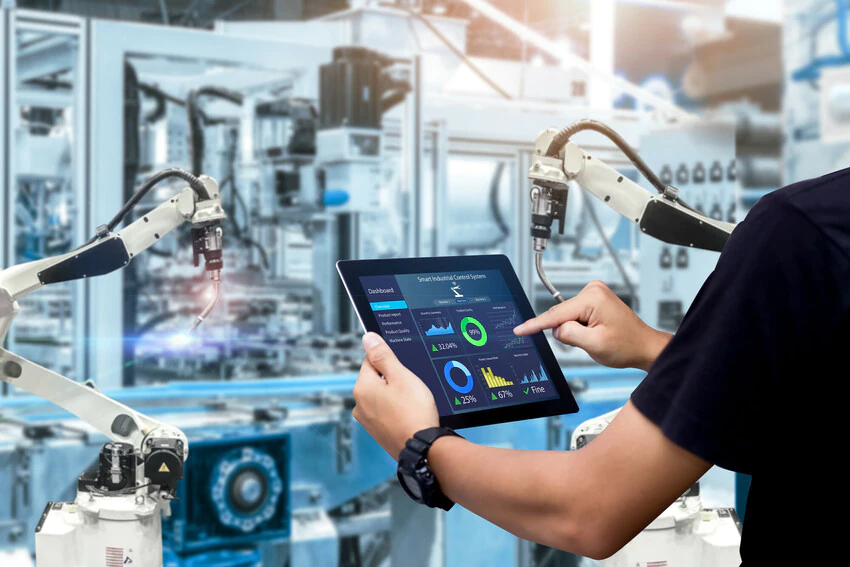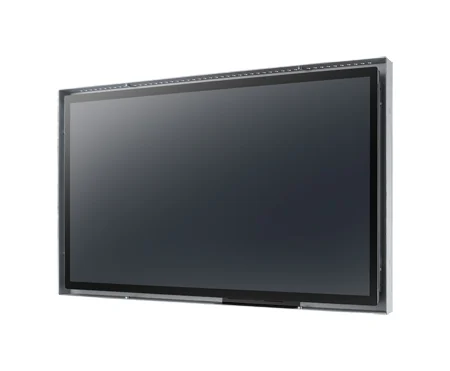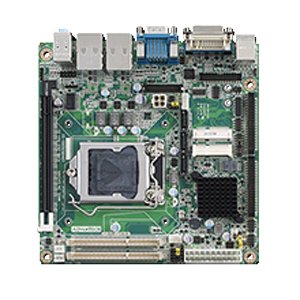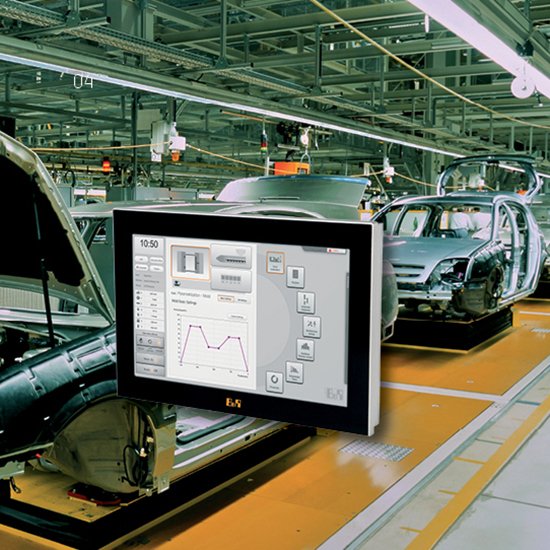The pricing of industrial computers can vary widely depending on several factors, including the type of industrial computer, its specifications, brand, and where you purchase it. Here are some key factors that can influence the pricing of industrial computers:
- Type of Industrial Computer: Different types of industrial computers, such as rugged, panel PCs, box PCs, and embedded systems, come with varying price points. Rugged and specialized industrial computers tend to be more expensive due to their enhanced durability and features.
- Specifications: The hardware specifications of the industrial computer play a significant role in its pricing. This includes factors such as processor type and speed, RAM capacity, storage options (e.g., SSD or HDD), display size and quality, and the presence of specialized features like fanless cooling or high-temperature tolerance.
- Brand and Manufacturer: Well-known and reputable brands in the industrial computing industry often come with a premium price. These brands are trusted for their reliability and quality, which can justify the higher cost.
- Customization: Some industrial computer vendors offer customization options. If you need specific features or components tailored to your application, this can affect the price, potentially increasing it.
- Industry and Certification Requirements: In certain industries, there are strict regulatory and certification requirements for industrial computers. Meeting these standards can add to the cost.
- Support and Warranty: The level of support and the length of the warranty can also impact the price. Some vendors offer extended warranties and 24/7 support, which can increase the upfront cost but may provide peace of mind.
- Quantity and Order Size: Buying industrial computers in bulk or larger quantities can often lead to volume discounts. Smaller orders may have a higher per-unit cost.
- Reseller or Direct Purchase: Buying directly from the manufacturer may sometimes be more cost-effective than purchasing from a reseller or distributor, as it eliminates additional markups.
- Additional Accessories and Peripherals: Depending on your application, you may need additional accessories or peripherals, such as touchscreens, mounting hardware, or specialized connectors, which can add to the overall cost.
- Market Conditions: Market conditions, including supply and demand, can affect the pricing of industrial computers. Shortages or high demand for specific components can drive up prices.
To get an accurate pricing estimate for an industrial computer that suits your specific needs, it’s advisable to contact multiple vendors, compare quotes, and consider the total cost of ownership, including maintenance and support. Additionally, keep in mind that while lower-priced options may be tempting, investing in a reliable and durable industrial computer is crucial to ensure long-term stability and cost-effectiveness in industrial applications.


